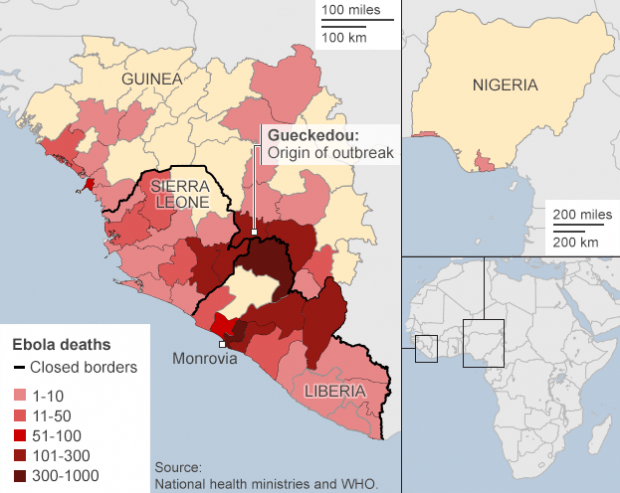Yet again it’s easy to see how humanity’s drive to make money outweighs our considerations for the expense on the environment. An article featured in the Vancouver sun describes a situation in the mainland of British Columbia here a large scale Taseko copper mine threatens the local biome. This habitat contains vital spawning grounds for salmon, the last untouched white pine forest, and the only grizzly bear refuge left in Canada. Where provincial legislation have failed to stop the mine, a BC first nation has come to the rescue of the land and declared it a Tribal Park.
A question lays in front of us: Is the mine really necessary? Well, unfortunately yes. According to an industry blog, demand for precious metals will continue to rise over the next seventy years, and mining must fill the gap between demand and the supply created by recycling. To avoid destroying remote areas with mining operations, I think instead of the industry having to change how metal is produced, the responsibility falls once again on consumers. We must start introducing social sharing programs, for example car share to combat consumerism. The economies of the world can become less dependent upon raw materials over time. This however, will only take place if our greed for money and ownership can be subsided, and the environment put first.

